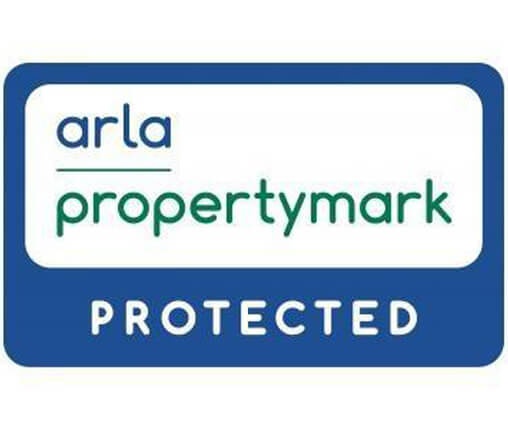Major new changes to commercial property classes, that determine how a property can be used, are set to revive local highstreets and make it much easier for businesses to find new premises, according to leading independent property firm, Adair Paxton.
The changes, introduced on 1st September 2020, mean that most retail units, cafes, restaurants, offices, clinics, health centres, day nurseries, gyms, lots of indoor recreation centres and light industrial units in England, now all have the same E classification.
This means they can all be used for other purposes, under the E classification, without having to apply for planning permission to change their use.
The newly introduced regulations, known as The Town and Country Planning (Use Classes) (Amendment) (England) Regulations 2020, replace the previous system which had been in place since 1987. Under the new regulations, classes A1, A2, A3, B1, D1 and D2 have all been incorporated into class E.
Adair Paxton’s commercial division sells and lets a full range of commercial property including retail units, office buildings and industrial units. Director, Simon Dalingwater, explained: “This is the biggest shake up of planning classes that we’ve seen in 30 years. It should significantly help to revive local highstreets, at a time when many need new purpose, as well as making it much easier for new and growing businesses to find suitable premises.
“Until now, if an occupier wanted to use a former shop as a café for example, they would have to apply for a change of use from A1 to A3. This could take up to 12 weeks and cost hundreds of pounds and often the landlord would not be prepared to wait. For more niche businesses, it was often difficult to find available property that was already in the right class.
“The new E classification now enables a much wider range of businesses to occupy a vast range of properties. It will also bring more variety into highstreets because now businesses such as yoga studios, day centres and professional services companies can all occupy former retail units. It also means properties have the potential to be used for different things at different times, whether this is during the year or even within a day.
“This is good news for landlords, potential occupiers and highstreets, because it ultimately means redundant properties and units can immediately be repurposed and given a viable future.”
In addition to the E classification, certain property types, including schools, museums, public libraries, places of worship, exhibition halls, community meeting centres and leisure centres now all come under the F1 or F2 classifications, to cover and protect community facilities.
Hot food takeaways, drinking establishments and properties with community value, such as cinemas and concert halls, are now classed as ‘Sui generis’ and still need planning permission to change their use.
Adair Paxton now employs a 35-strong team, offering a full range of residential and commercial property services. Last month the company relocated to new Leeds city centre offices on Wellington Street and also has offices in Horsforth and Adel.






